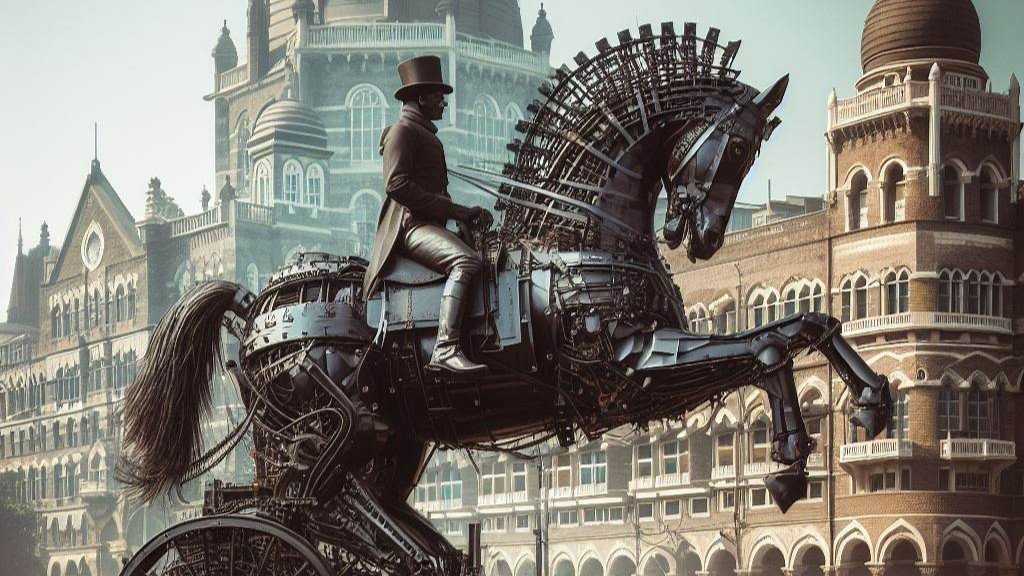
Steampunk: A Dark Horse comes to town
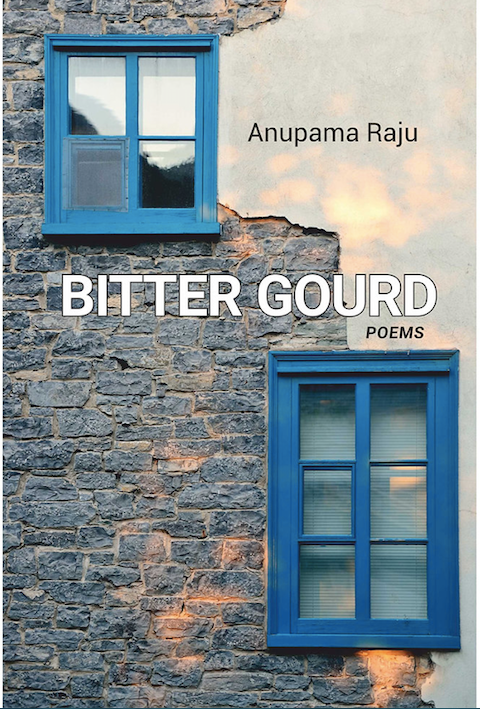
Bitter Gourd by Anupama Raju
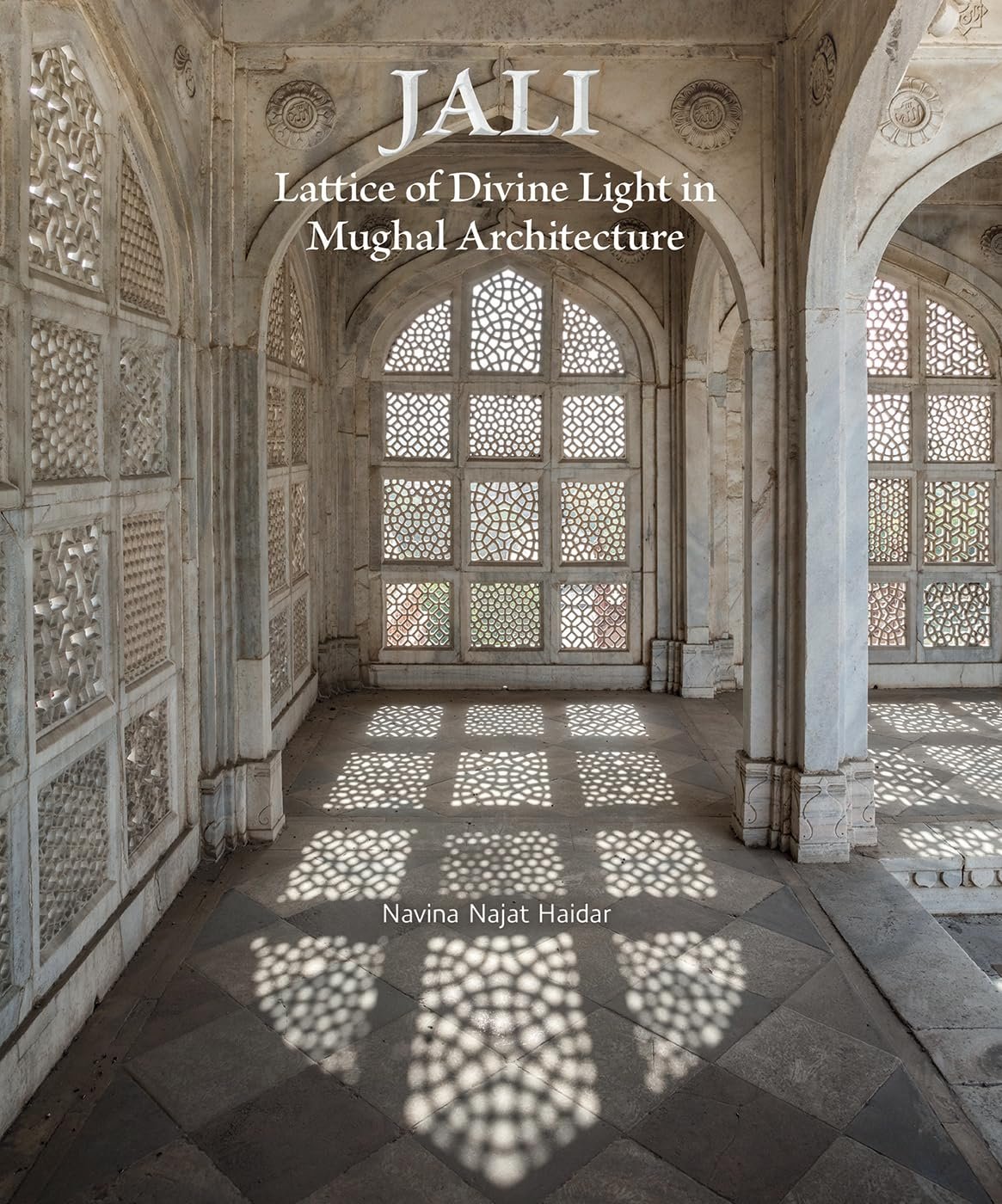
Jali: Lattice of Divine Light in Mughal Architecture by Navina Najat Haidar
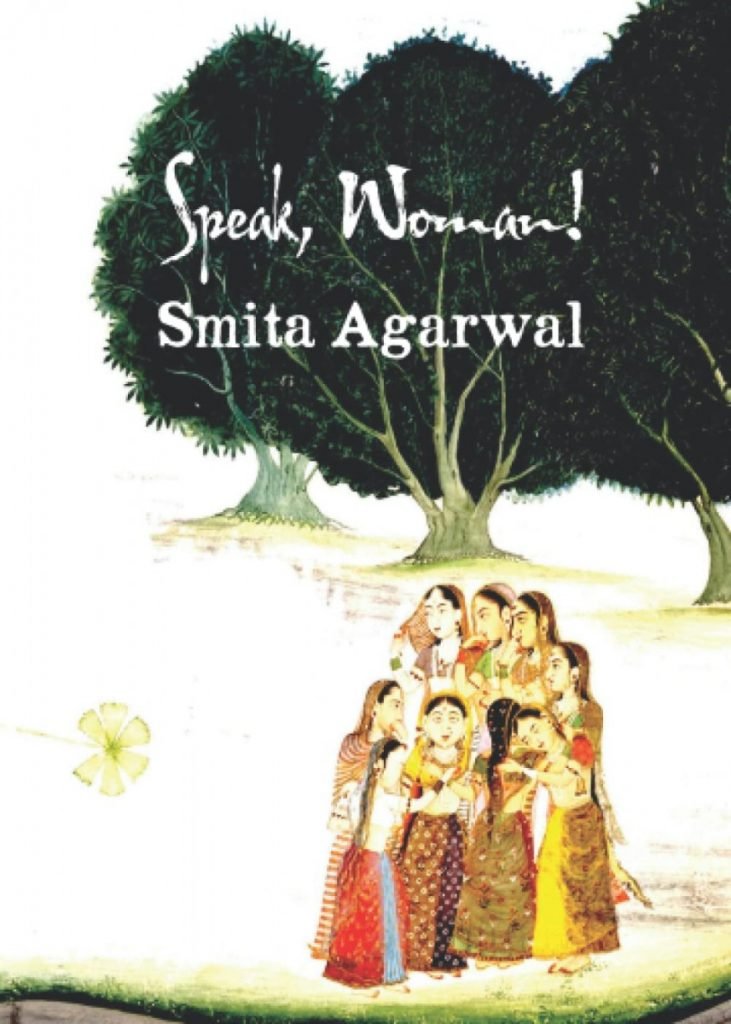
Speak, Woman! by Smita Agarwal

The Looming Shadow by Saumya Roy
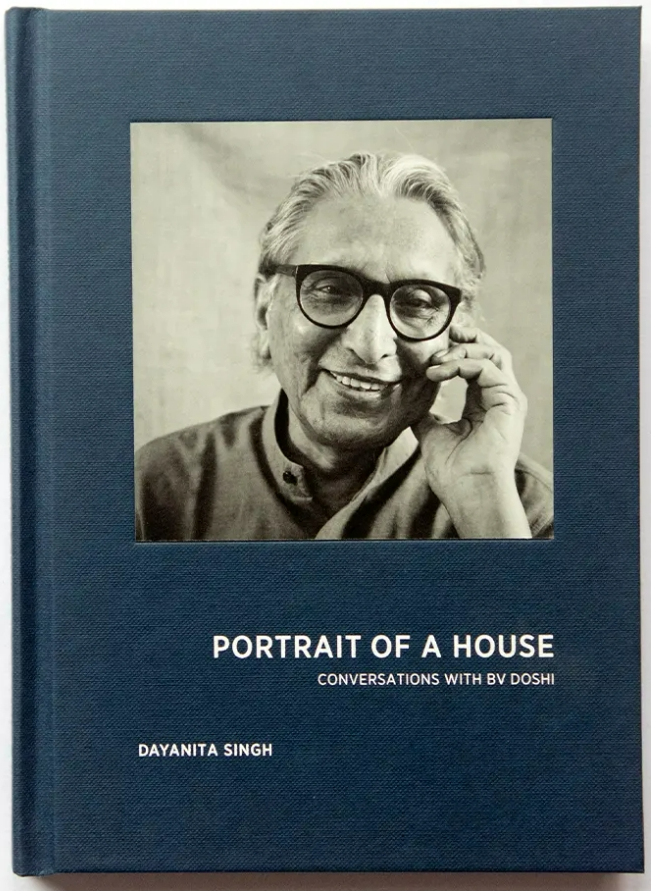
Portrait of a House, Conversations with B.V. Doshi by Dayanita Singh
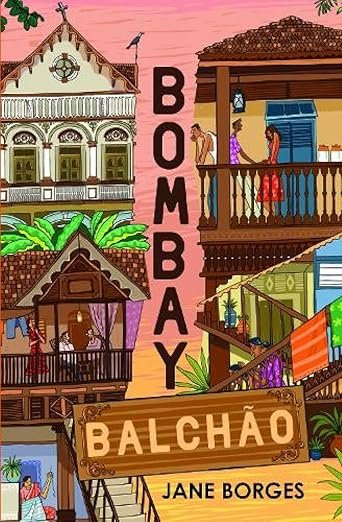
Bombay Balchao by Jane Borges & Coming Back to the City: Mumbai Stories by Anuradha Kumar
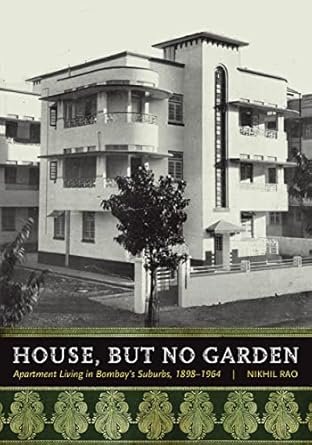
House, but no Garden by Nikhil Rao
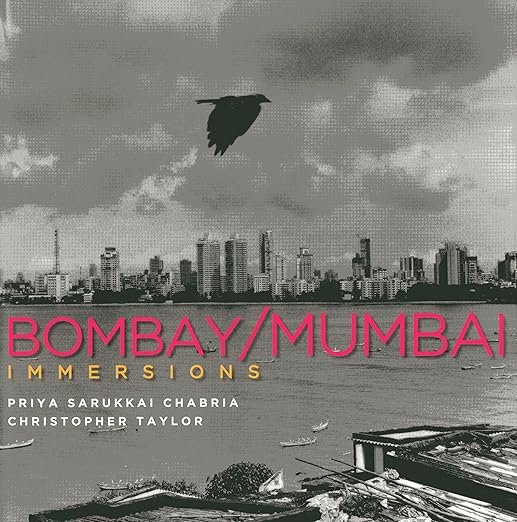
Bombay/Mumbai: Immersions by Priya Sarukkai Chabria and Christopher Taylor

Crossing Black Waters by Athena Kashyap
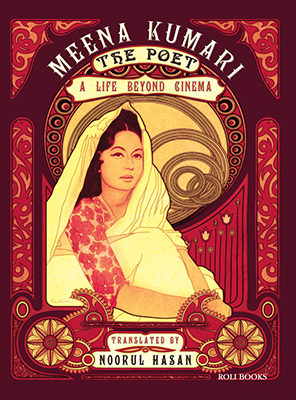
Meena Kumari: The Poet, A Life Beyond Cinema by Noorul Hasan

Bombay Stories by Sa’adat Hasan Manto
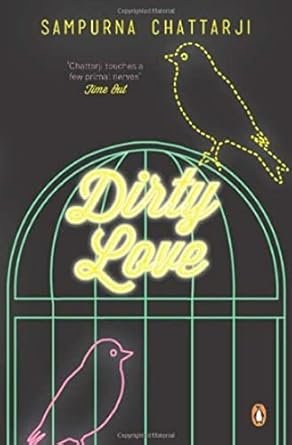
Dirty Love by Sampurna Chattarji
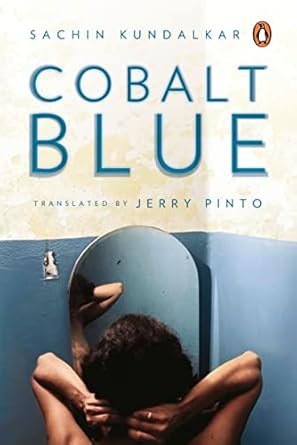
Cobalt Blue by Sachin Kundalkar

Why Loiter? by Shilpa Phadke, Sameera Khan and Shilpa Ranade
Showing all 15 results
